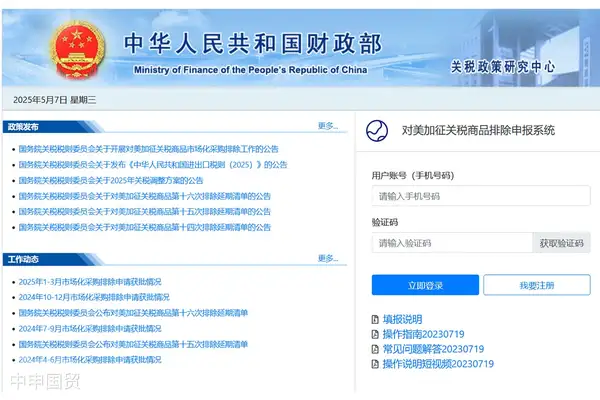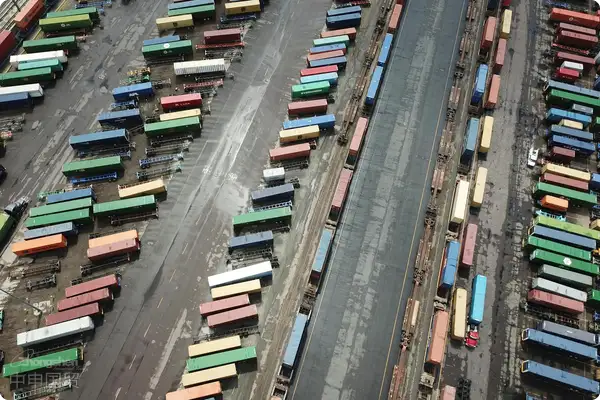- Shanghai Zhongshen International Trade Co., Ltd. - Two decades of trade agency expertise.
- Service Hotline: 139 1787 2118
At a recent IMF press briefing on the Asia-Pacific economic outlook, IMF Asia-Pacific Department Director Krishna Srinivasan provided a detailed analysis of South Koreas economic prospects and offered positive growth forecasts. Srinivasan noted that South Koreas economy is expected to grow this year, benefiting from robust global demand for high-end semiconductors.

According to Srinivasan, semiconductor exports are a key driver of South Koreas economic growth. He pointed out that despite global economic challenges such as supply chain disruptions and geopolitical tensions, the strong performance of the semiconductor sector is expected to provide necessary support for South Koreas export market. With accelerating technological advancements and digital transformation, global demand for high-end semiconductor products continues to rise, creating significant market opportunities for South Korean semiconductor manufacturers.
However, Srinivasan also cautioned that while semiconductor exports show strong growth potential, challenges facing South Koreas economy should not be overlooked. He specifically noted that due to declining export prices from China in the second half of 2023, South Korea and neighboring Vietnam may face greater downward pressure on exports. Such price volatility could impact South Koreas overall export performance, particularly in sectors closely tied to trade with China.
Inflation is another critical issue for South Korea. Srinivasan pointed out that inflation rates in South Korea, Australia, and New Zealand currently exceed their respective target levels, primarily due to persistent service price increases. A high-inflation environment could dampen consumer spending, thereby affecting the pace of domestic demand recovery and overall economic health.
In the World Economic Outlook (WEO) report released on April 16, the IMF projected South Koreas economic growth at 2.3% for 2024. This conservative forecast reflects global economic uncertainties and the potential impact of various domestic and international factors on South Koreas economy.
The South Korean government and business community responded positively to this forecast, with most economists and policymakers seeking measures to consolidate the semiconductor industrys leading position and mitigate external risks through technological innovation and market diversification. Meanwhile, the government is also working to control inflation through macroeconomic policies to maintain stable economic growth.
Related Recommendations
? 2025. All Rights Reserved. Shanghai ICP No. 2023007705-2  PSB Record: Shanghai No.31011502009912
PSB Record: Shanghai No.31011502009912










